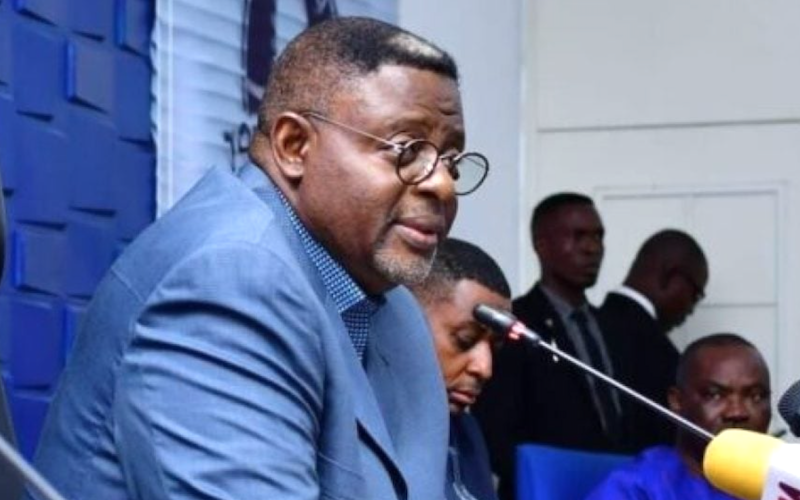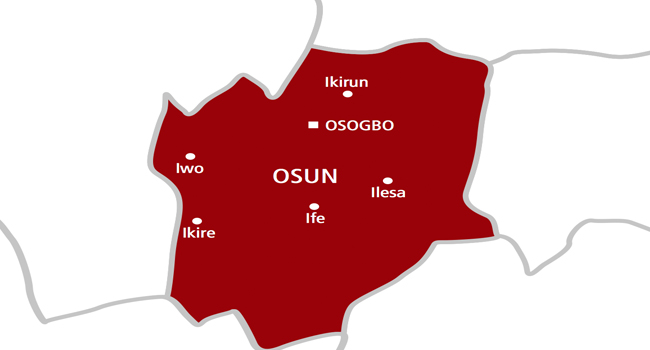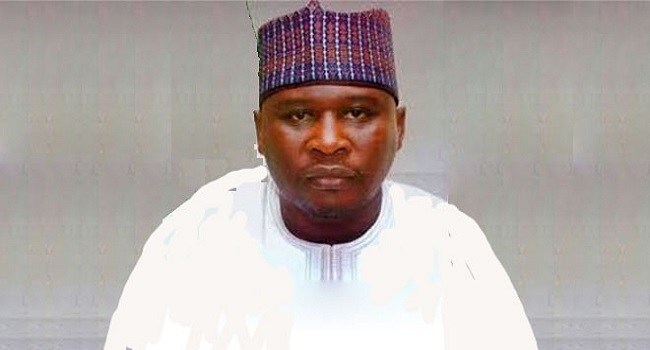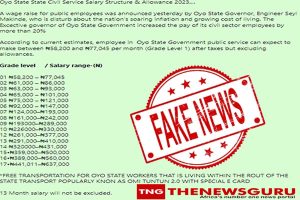I am not an economist. If you want to listen to or read real economic analysis, both the ones you understand and the ones that are alien to you, go and listen to Mr. Bismarck Rewane and his likes. But I did economics in secondary school and got a credit, plus what I have learnt since then, especially in a turbulent economy like ours. That is the foundation on which I am tiptoeing into this unfamiliar terrain.
I have been an advocate of the discontinuation of fuel subsidy. I am not averse to enjoying a little of the natural gifts God gave to us, but the poor management of our economy made the stoppage inevitable. More annoying is our inability to police our borders properly which made us subsidise fuel for at least four other countries. Common sense readily tells you that it is senseless. Fuel subsidy had to go.
But I agree with people who feel that the subsidy removal should have been better managed and measures should have been put in place to lessen the inevitable negative effects on Nigerians. Now that we have realised that, how are we going to go about it? Please note that we are all affected. We go to the same petrol stations to buy fuel and markets to buy food and other items. Some state governments are getting buses for civil servants to ease transportation challenges, etc. Some states are also about to pay civil servants N10,000 monthly to cushion the effects of the high cost of living. I have no problem with that, but the gesture should be extended to other citizens. Many of them are taxpayers and therefore stakeholders.
Two, sometime ago, the federal government exempted companies with less than N25m annual income from paying certain taxes. It is about time the federal government and all state governments implement such a policy in PAYE for low income earners. Righty now, the Nigerian Labour Congress and other trade unions are asking for a review the minimum wage to between N200,000 and N300,000 monthly for their members. When the new wage age is agreed on, where is the money to pay government workers going to come from? Apart from the federation account and federal allocation to states, internally generated revenue is the only other source of revenue states have. IGR includes PAYE of employees within the state. Right now, many private businesses are unable to pay the subsisting N30,000 minimum. When government now increases the minimum wage of civil servants, it will now use income from PAYE of non-government workers who are already underpaid to pay the new salaries of civil servants. That does not make sense to me. Some of the companies remitting PAYE to states owe their own staff salaries in arrears but they are forced to remit PAYE every month to avoid sanctions!
Talking about minimum wage, if it is increased to N200,000, only oil companies, telecoms companies, banks, fintechs and a few others can afford that amount. Most accounting firms, insurance broking firms, architectural firms and other practitioners within the building industry; retail shops and many others in the informal sector are struggling to pay the N30,000 minimum, not to talk of increment. They just can’t afford it. The government needs to look into this to stem the attendant of massive unemployment.
The major problems that most Nigerians have right now is dwindling purchasing power. The weak purchasing power has been worsened by increase in price of petrol and depreciation of the naira. A wholesome solution should be on how to boost the purchasing power of many more Nigerians, not just civil servants and those who work in companies that can pay N200,000 minimum wage. They are a small percentage of the population. MSMEs and the informal sector employ more people. Small businesses need more support to be able to pay better salaries and employ more people. The ease of accessing loans at minimal interest rates need to be improved on. Government needs to come up with policies to breathe life into MSMEs. As I said at the beginning, I am not an economist, I am writing as a small business owner who is also feeling the pinch.
Finally, let me add my voice to the plan by the federal government to give 12 million vulnerable families N8,000 monthly over a designated time to cushion the effect of the economic hardship. Many people have criticised the plan. I also feel N8,000 monthly is not enough. It needs to be increased and the process has to be transparent. But I do not share the view that N8,000 is rubbish money. Our NGO worked with many vulnerable people in those days and I appreciate the value of every kobo. We gave one woman additional N5,000 for her roadside akara (bean cake) business and that helped her to see two or three of her children through the university. The release of one inmate in Kirikiri Correctional Centre was delayed for months until we met him paid the N5,000 and got him released. Many Nigerians currently earn below N30,000 monthly. An extra N8,000 will do them a world of good.
At a personal level, I used to buy goods from Aba in the 90s. I travelled with the first flight to Port Harcourt, concluded my transactions and came back with the last flight. On this day, there was a heavy rain in Aba and everywhere was flooded. By the time I got to Port Harcourt, the last flight had departed and I had to spend the night in Port Harcourt. I had limited cash left. After paying for accommodation and taking dinner, I had exactly N2,650. The ticket was N2,610. I could not go to the airport in a chartered taxi anymore. Sharing the taxi with others cost N40, so what was left was exactly money for flight ticket was exactly N2610. The taxi driver had earlier told me that he would charge N10 extra for excess luggage which I vehemently opposed. When we got to the airport, I gave him a N50 note. He refused to give me the N10 change and I needed it to complete the money for my flight ticket. At that point, I knew I had to eat humble pie. I waited for all the passengers to leave. Then I pulled him back and explained to him that I needed the N10 to complete the money for my flight ticket. “Is that true,” he asked me in Igbo. “Yes o,” I responded. He returned the N10 and that was how I was able to fly back to Lagos. I had left my car at the airport. Instead of taking the shorter route through the toll gate, I went through the longer Ikeja-Maryland route because I had no money to pay for toll. As a result of these experiences and a few others, I learnt to treasure every kobo. Before debit card took over, I used to have every denomination of note either in my wallet or car. No money is small.
I agree that the N8,000 should be increased, but no take your big man eye look N8,000 as small money. The sum of N8,000 means the world to some people. For people who earn N20,000 monthly, additional N8,000 will bring a lot of relief. I once worked with some “agbaya” (unserious) artisans. They would be absent from work for days. At the end of the month, we deducted money for the period they were absent. I saw in their eyes that if it were possible they would kill me. I insist N8,000 is not chicken feed, but government should please increase it. What is worth doing is worth doing well.










